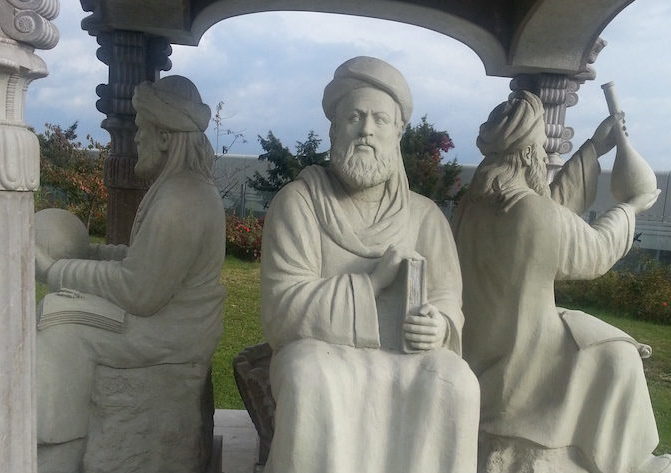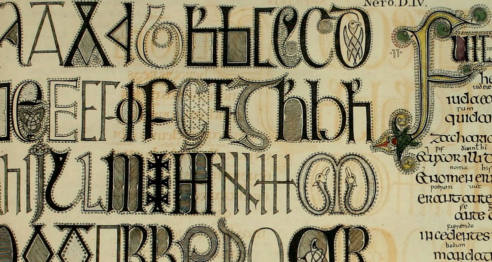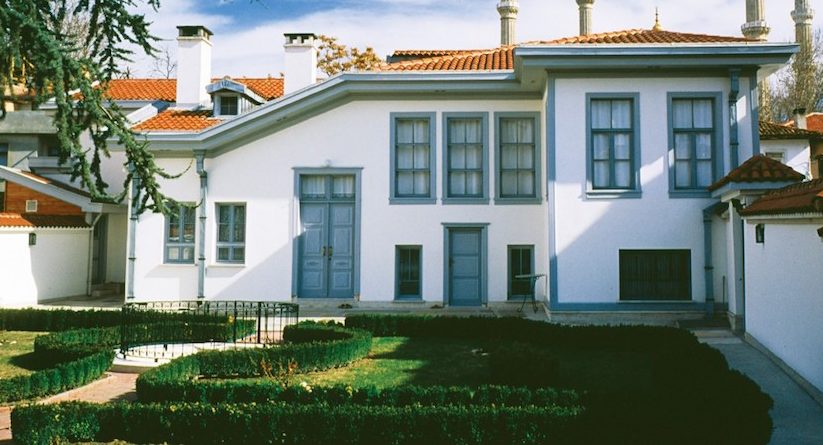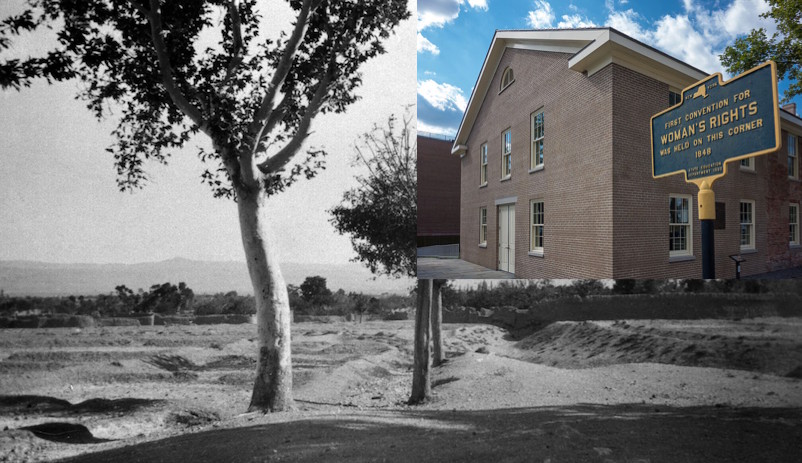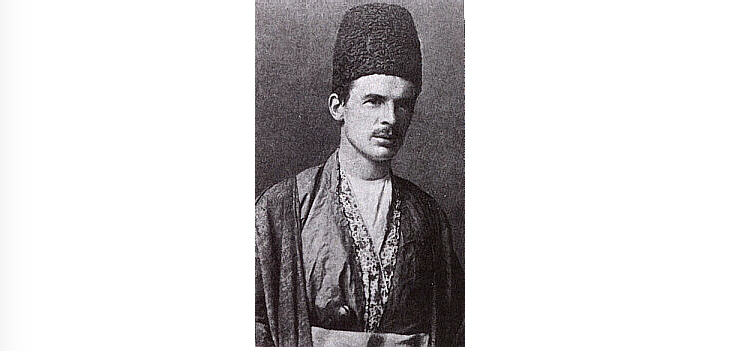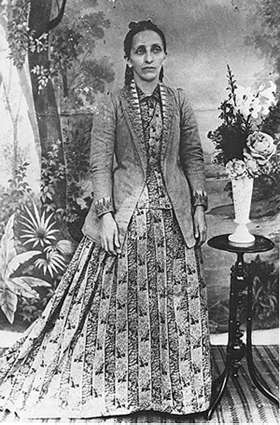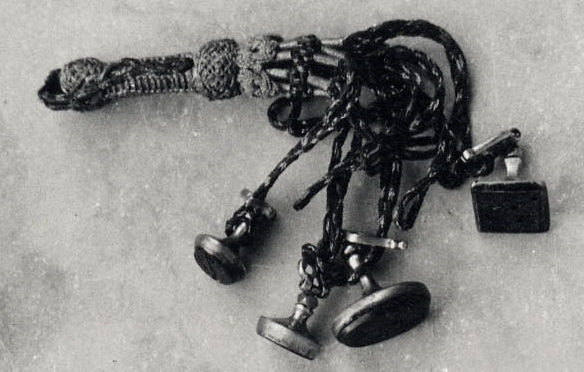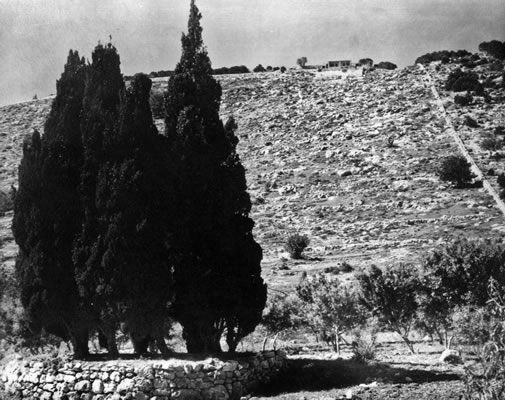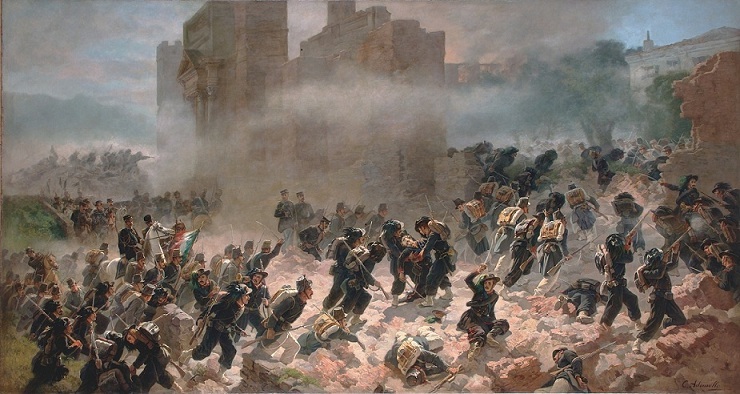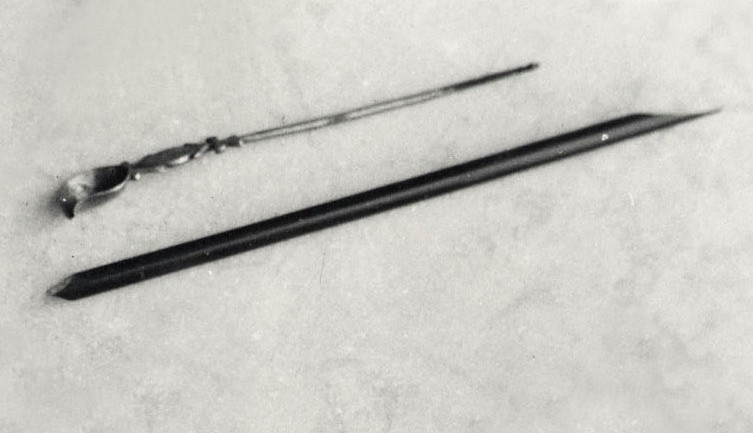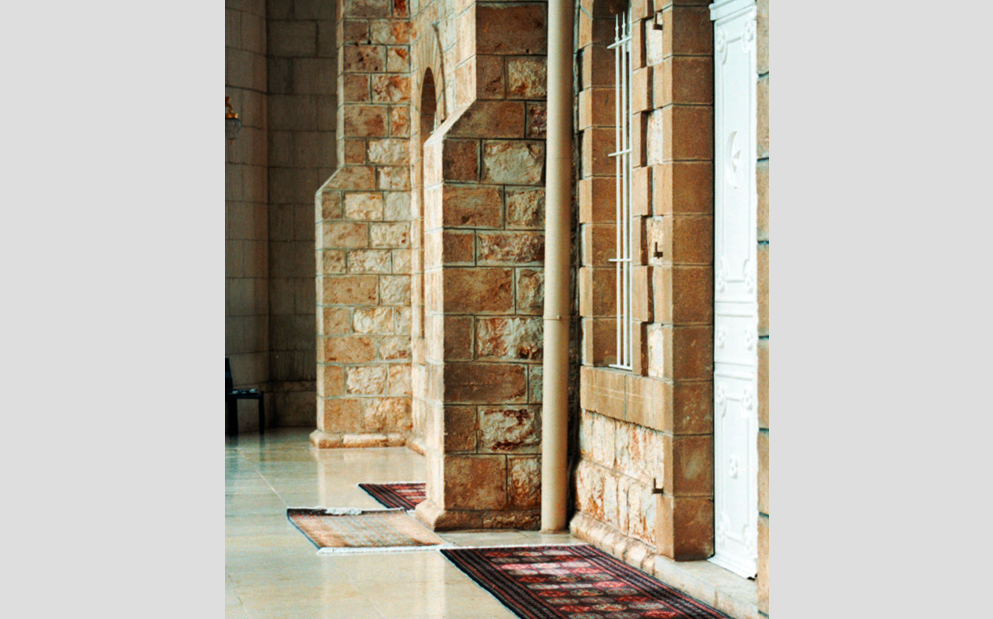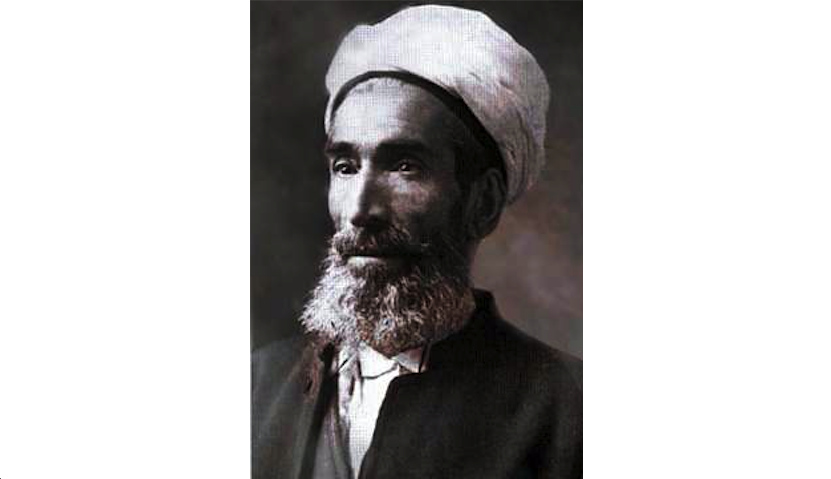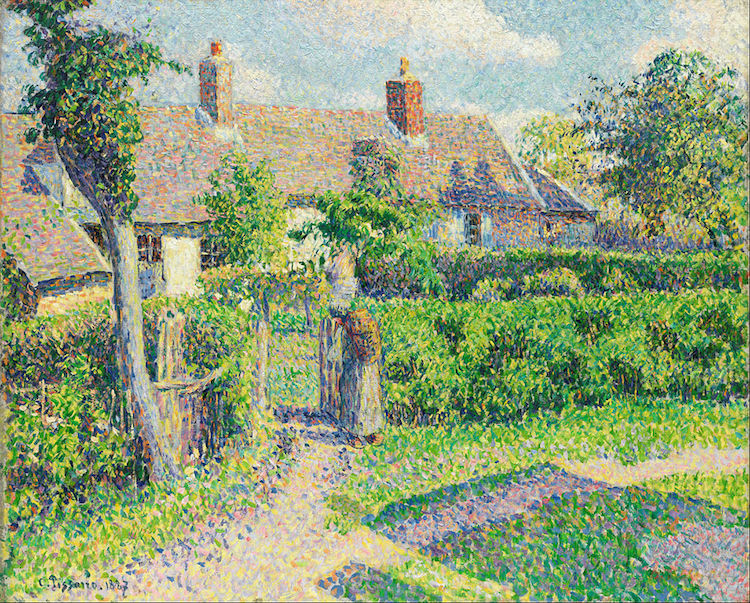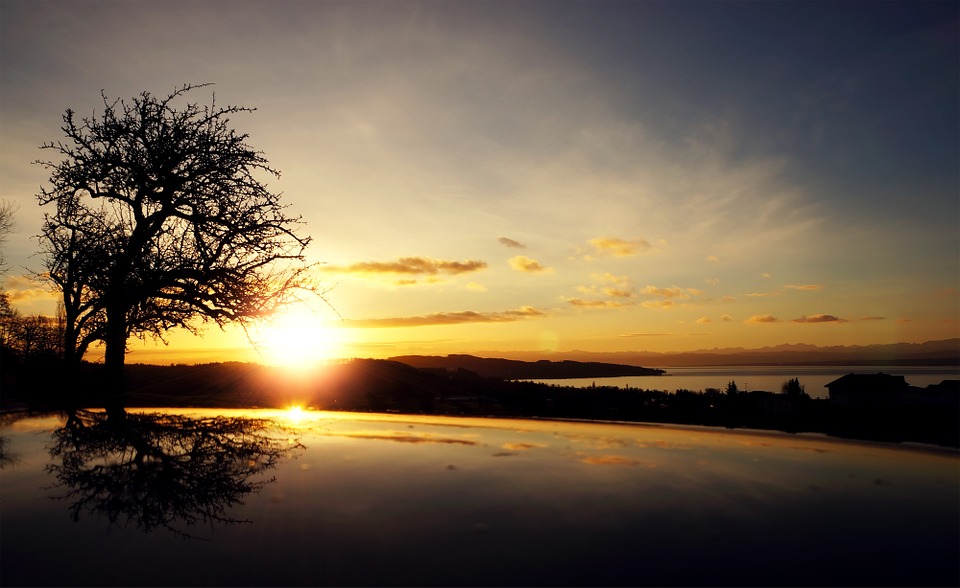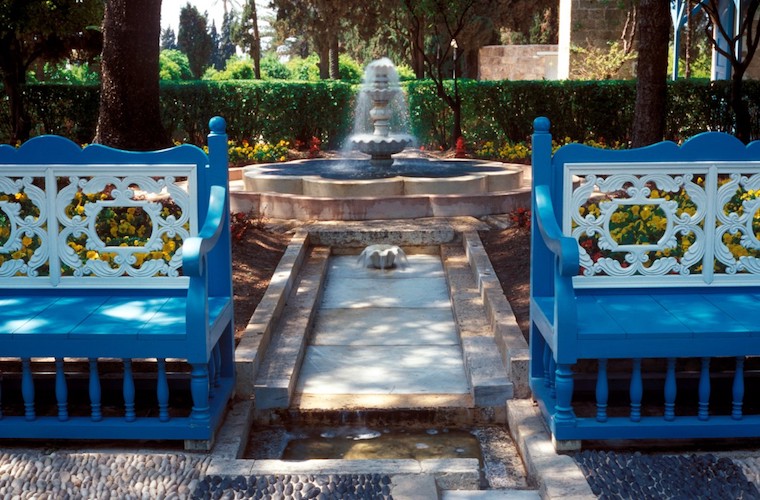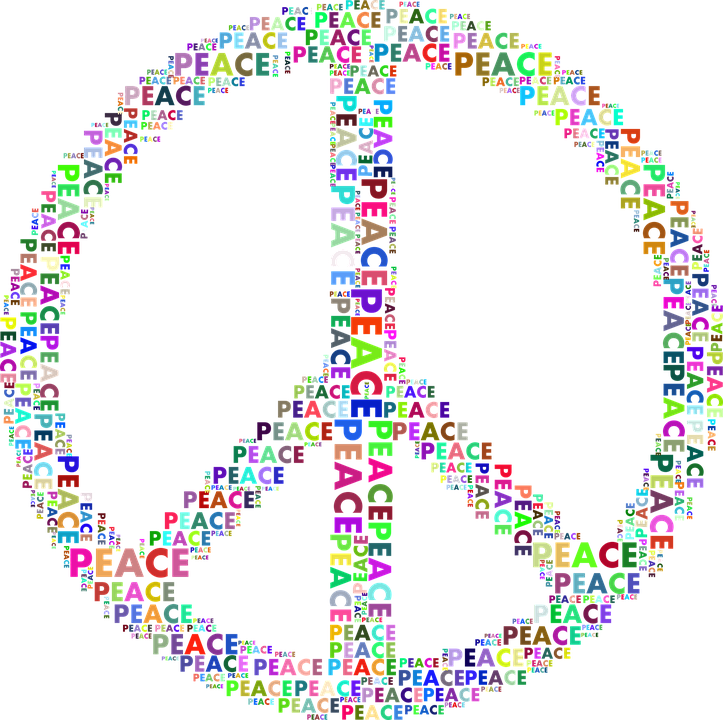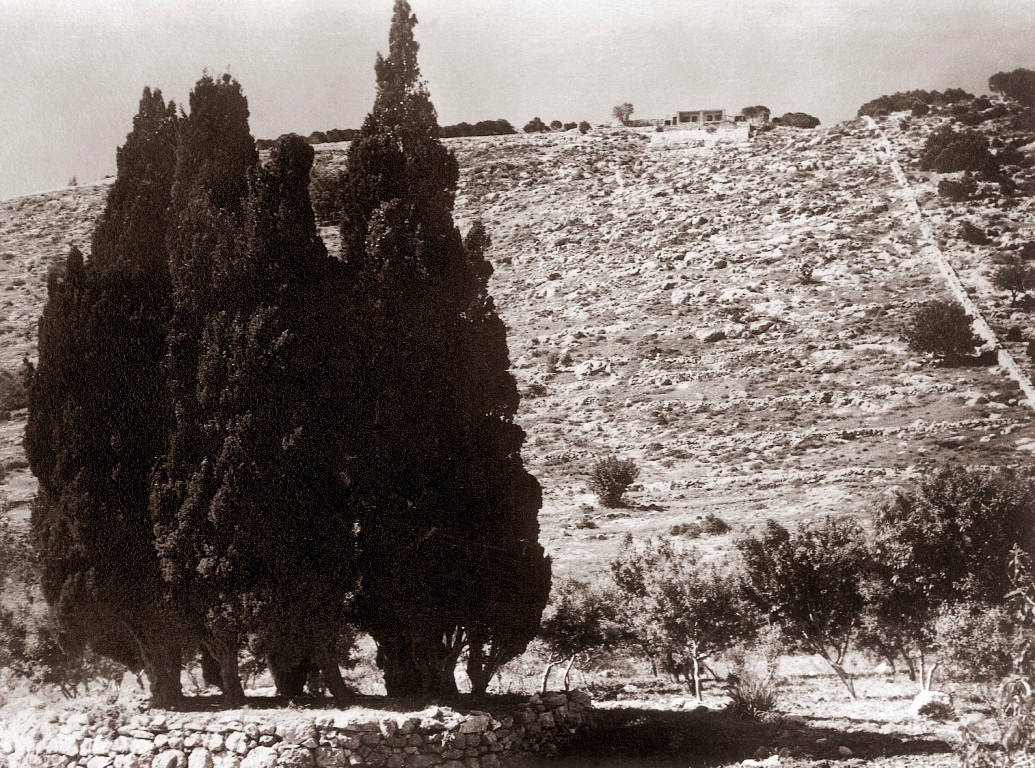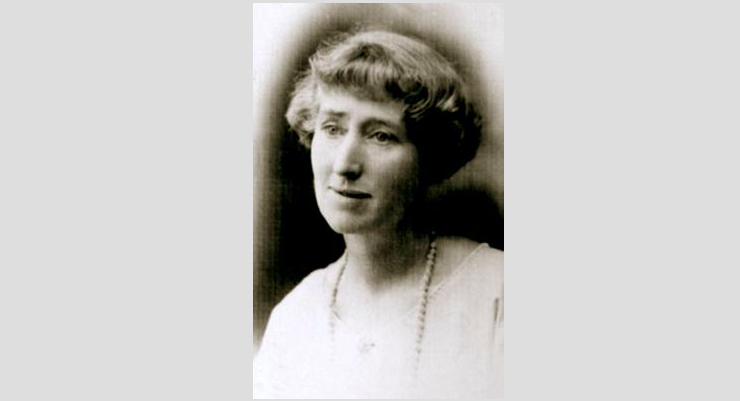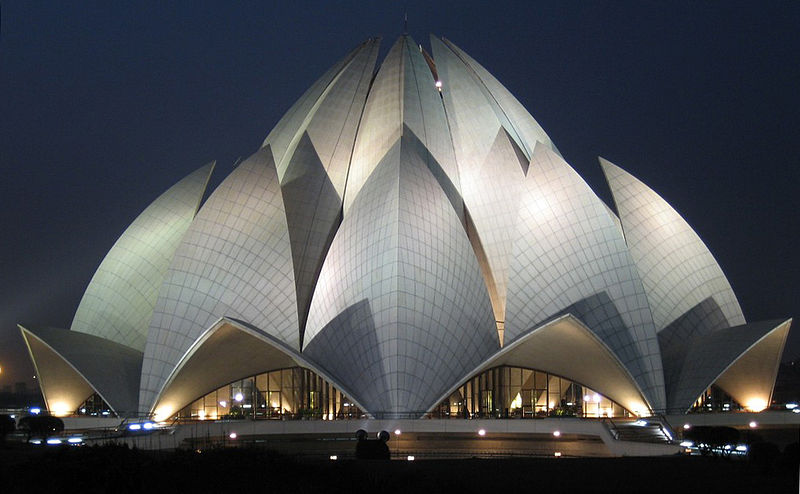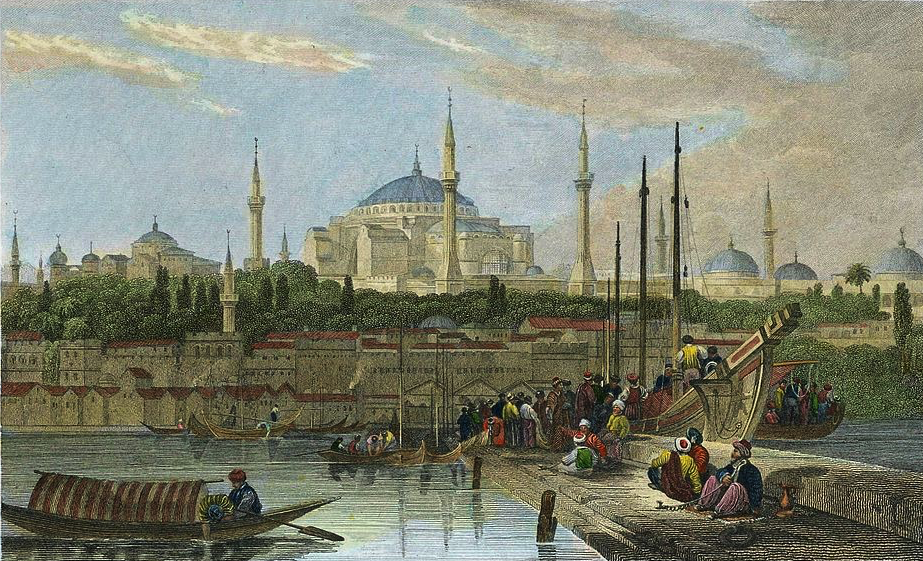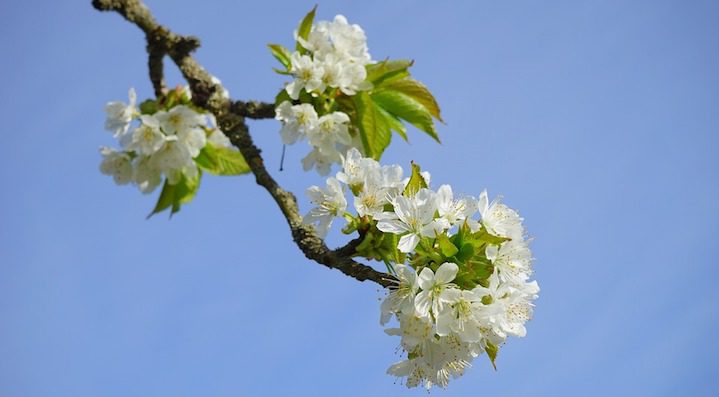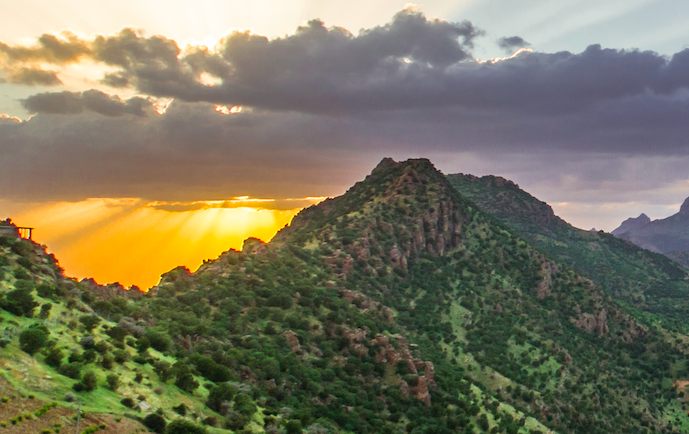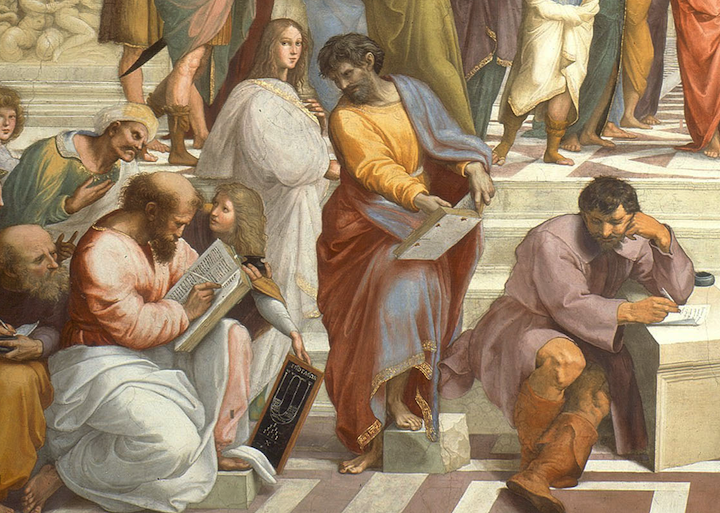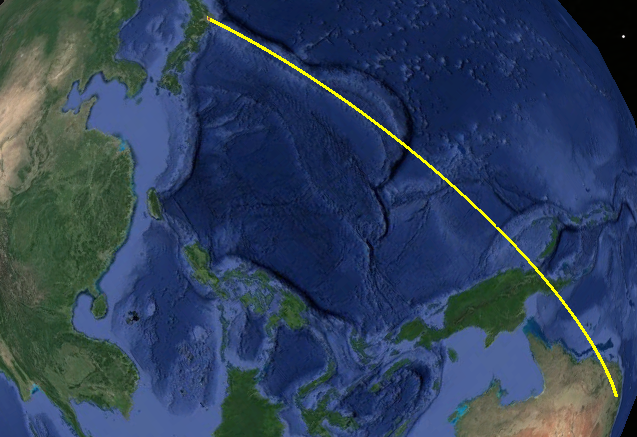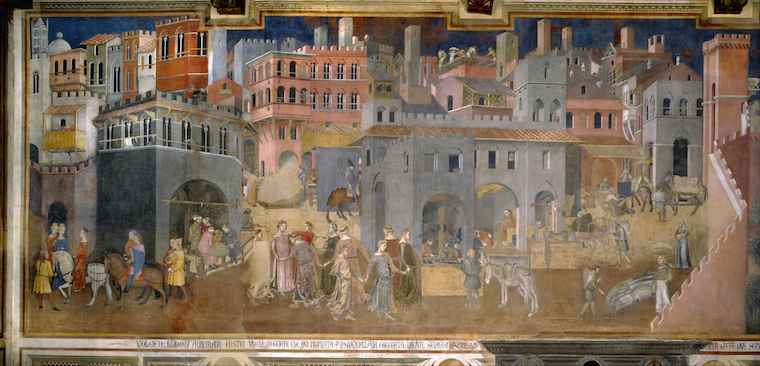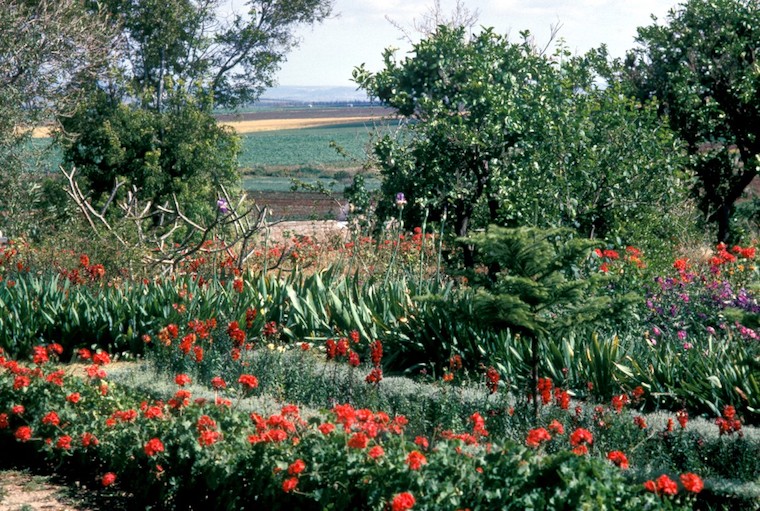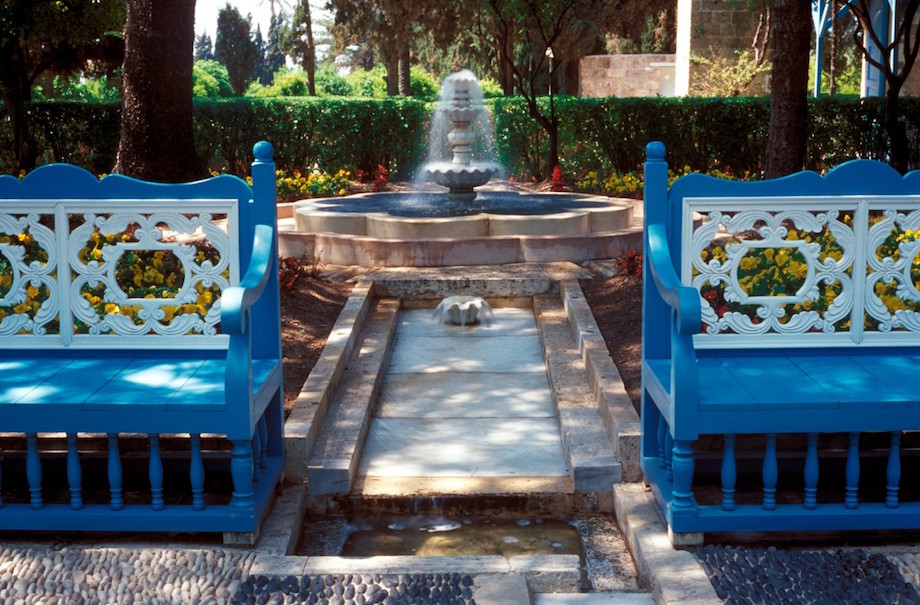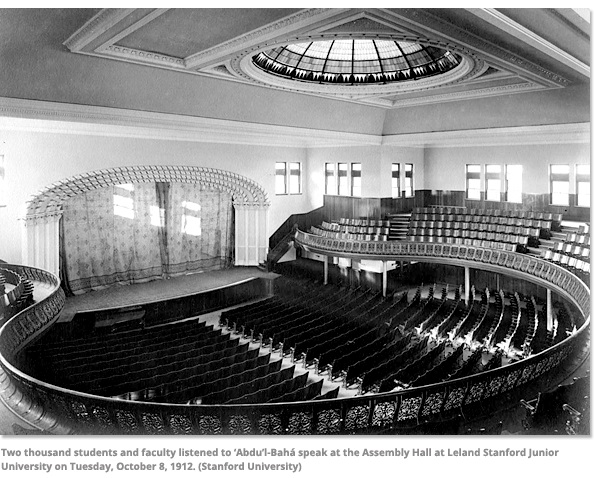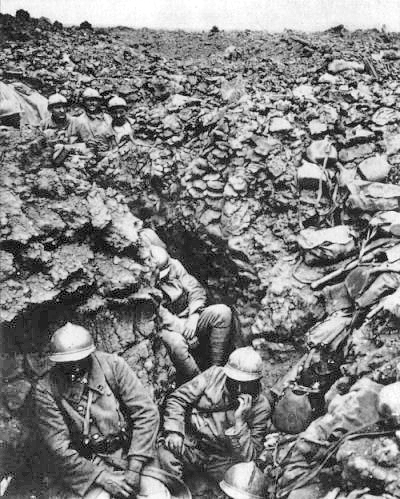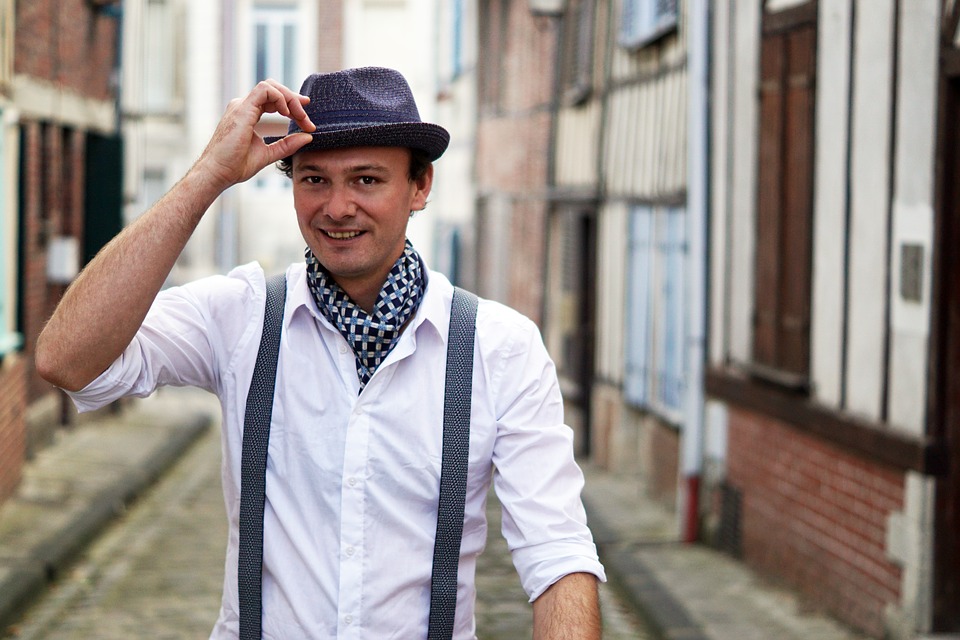-
The religious scholar accused of being a follower of the Bab
In the time of Bahá’u’lláh, there lived in Persia a very erudite and accomplished religious scholar, Aqa Muhammad. Aqa Muhammad was so accomplished that later in life he was awarded the degree of “mujtahid” (recognition as an authority in Islamic law) by his teacher. About the time that Bahá’u’lláh was in the Black Pit (the Siyah-Chal) and there was intense persecution of the followers of the Bab, Aqa Muhammad arrived in Tehran to join a theological school. Aqa Muhammad was interested in metaphysics and philosophy, an interest the head of his new school shared. Aqa Muhammad was befriended by the head who welcome the opportunity to talk about such matters. Among the…
-
Edward Granville Browne – the only western scholar to meet Bahá’u’lláh
Edward Granville Browne was a young man in England when he first came across a most amazing account. It was the story of a severely persecuted and new born faith. He recalls the impression it made on him: My attention was first attracted to the subject by .. the .. work of M. le Comte de Gobineau … entitled “Religions et Philosophies dans l’Asie Centrale,” from whose graphic and vivid description of the first beginnings and early struggles of the Babis I derived more pleasure than I can describe. Anxious to learn more on the subject, I sought for other accounts, which should inform me of the further progress of the…
-
Bahá’u’lláh’s letter to Pope Pius IX
In 1869, while in Akka, Bahá’u’lláh wrote to the then Pope of the Roman Catholic Church: Pope Pius IX. History does not record any reply. As with other such messages, no reply was expected. The letter is short. It announces Baha’u’llah’s mission in words again unmistakable, although Bahá’u’lláh was a prisoner of the Caliph and Ottoman Sultan. “Rend the veils asunder. He who is the Lord of Lords hath come overshadowed with clouds“, the message begins, in a clear reference to the signs of the second coming recorded in the Gospels. Bahá’u’lláh continues that he “hath again come down from Heaven even as He came down from it the first time“.…
-
O Ahmad, be thou so steadfast in my love that thy heart shall not waver …
Written in Adrianople in 1865, the Tablet of Ahmad is one of the most powerful of Bahá’u’lláh’s writings. Adrianople, now known as Edirne, was the next place of exile Baha’u’llah was sent after being summoned to Constantinople., and is about 240 kilometres to its north-west. Adrianople was referred to by Bahá’u’lláh in his writings as “the remote prison”. The Tablet of Ahmad was written to Ahmad, a native of the city of Yazd in central Iran. Ahmad was religiously inclined and in his youth he became attracted to Sufism. He travelled to India as an ascetic and dervish. After a time he became disillusioned with this path, despite the…
-
Only Human
Human beings are prone to error. So much so, that often our messages about ourselves are entirely cynical about our capacity as human beings to foster a just, peaceful and prosperous future. Our popular culture is full of negative assessments of humanity. A recently popularised example is the words J.R.R. Tolkien placed in the mouth of the elf Elrond: “Men? Men are weak. […] It is because of men the ring survives.” The ring, of course, representing men’s lust for power. It is a one eyed view of human beings – a potentially paralysing view. And indeed in Tolkien’s world, human qualities of love for simple things, friendship, and loyalty…
-
White Australia Policy
Most us take a multicultural, multiracial reality in our stride – a normal and welcome part of life. It is a very recent development. For a Faith that arrived in Australia when the White Australia policy was the law, it inevitably raised questions for some of the newly enrolled Baha’is. How were they to square their religious beliefs – with the expectations of the society around them? And maybe with their own unexamined prejudices about their fellow human beings? The period in question unfolded mostly during the time that Shoghi Effendi led the Baha’i Faith. And at a general level, the likely answer was clear enough. Baha’u’llah came to establish the…
-
Constantinople
Constantinople was the capital of the 500 year old Ottoman caliphate. And before the Ottomans captured the city and made it their own, it had stood for more than 1000 years as the capital of the Christian Roman Empire. In April 1863 Bahá’u’lláh was exiled again – “summoned” to that capital. As we have seen, the departure from Baghdad was a moment when the love the people felt for Bahá’u’lláh became evident and it was the moment when Bahá’u’lláh first announced his mission. Rather than a time of grief, it is a time that is celebrated as the greatest festival of the Baha’i calendar. On arrival in Constantinople, it was expected…
-
Healing the Wounds of War: a Spiritual Axis
After World War 2 the world was in ruins. The nations that fought against each other in that war were the last people who you would think would naturally cooperate with each other in a common cause. In Australia, when I was growing up, there was still (if fading) a lingering collective memory among some of the Japanese as a hated and feared enemy, even though nowadays there is warm friendship between the two countries and peoples. Shoghi Effendi, who led the Baha’i community in this dark period of war, and in the subsequent decades, did not think like this. Where others saw enmity he saw connections. Thus he framed…
-
The House the Prince Wanted to Build
After Bahá’u’lláh had returned to Baghdad from his two years of withdrawal to the mountains of Kurdistan, he lived in a house close to the western bank of the Tigris River. This was the period when increasingly the Babi community began to turn to Bahá’u’lláh. Although he had not announced his mission, his writings and presence attracted the remnants of the followers of the Bab to him. During this period Bahá’u’lláh wrote works such as the Hidden Words and the Book of Certitude. The home where Bahá’u’lláh lived, a modest dwelling: become the focal center of a great number of seekers, visitors and pilgrims, including Kurds, Persians, Arabs and Turks, and … from…
